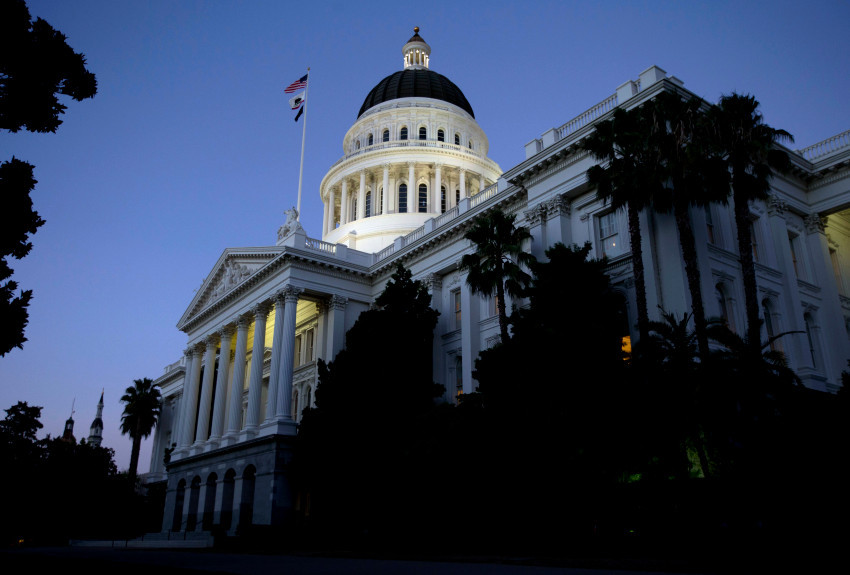
Is there anything the California Legislature wouldn’t do to prevent a tax relief measure from appearing on the ballot? Apparently not.
With virtually no notice, legislation was introduced last week with the intent of negating the Local Taxpayer Protection Act to Save Prop. 13, a proposed constitutional amendment sponsored by the Howard Jarvis Taxpayers Association to close court-created loopholes in Proposition 13.
Not only does Senate Bill 423, written by Sen. Lena Gonzalez, reflect anti-taxpayer policy, the manner in which it was introduced – as a “gut and amend” bill – should enlighten voters about how little transparency there is in Sacramento.
For context, recall that HJTA sponsored the Taxpayer Protection and Government Accountability Act, a measure which would have appeared on the November 2024 ballot except for the intervention by the California Supreme Court. Bending to the political agenda of Governor Newsom and the California Legislature, the court removed TPA from the ballot. Much has been written about this judicial overreach, including an editorial in the Wall Street Journal entitled “Democracy Dies in California.”
Recognizing that tax relief is still desperately needed for California homeowners, HJTA submitted a new initiative to address two of the most egregious loopholes created in Prop. 13. Unlike the previous effort, this measure avoids secondary issues and focuses just the two-thirds vote requirement for local special taxes and the issue of huge increases in real estate transfer taxes. That initiative measure, the Local Taxpayer Protection Act to Save Prop. 13, is currently in circulation gathering signatures from thousands of voters who are printing and signing the downloadable petition at home.
Historically, real estate transfer taxes in California were limited to $1.10 per $1,000 of property value. However, following Prop. 13’s passage, many cities began imposing increases, enabled by court decisions in the 1990s. Even worse, because of the infamous Upland decision in 2017, local governments operating under the guise of “citizen groups” can propose “special taxes” by initiative, evading the requirement of a two-thirds vote of the electorate to pass. The worst abuse of Upland occurred in Los Angeles where, because of Measure ULA, high-value properties are now subject to very high transfer taxes.
The impact of the ULA tax has been so bad that even many who originally supported it are having buyers’ remorse and have signed off on an effort to ameliorate some of the worst effects. That effort, flawed as it is, is Senate Bill 423.
According to media reports, Mayor Karen Bass and former Assembly Speaker Bob Hertzberg negotiated the framework of SB 423, which would reduce the tax on sales of apartment buildings and commercial properties that were built within the last 15 years. The tax on residential properties would remain in place except for those impacted by recent fires.
While any reduction in ULA’s draconian transfer tax would be welcome, a provision of SB 423 conditioned its limited relief for fire victims and commercial properties on the failure of HJTA’s initiative to qualify for the ballot. You read that right. For the operative provisions of 423 relating to LA’s transfer tax to become effective, either HJTA would have to withdraw its initiative, or the initiative would have to fail to qualify.
The word for this is extortion. Indeed, according to the Los Angeles Times, “(Hertzberg) said he’s hoping the bid to overhaul Measure ULA will spur business leaders, advocacy groups and others to withhold support for a ballot proposal drafted by the Howard Jarvis Taxpayer Assn.” But Hertzberg is mistaken if he thinks that HJTA would drop its comprehensive tax relief measure for the fig leaf of reform contained in SB 423.
Taxpayers throughout California, not only in Los Angeles, are entitled to the protections that Proposition 13 added to the state constitution. All of them. Without court-created exceptions.
Jon Coupal is president of the Howard Jarvis Taxpayers Association.
Originally Published:



